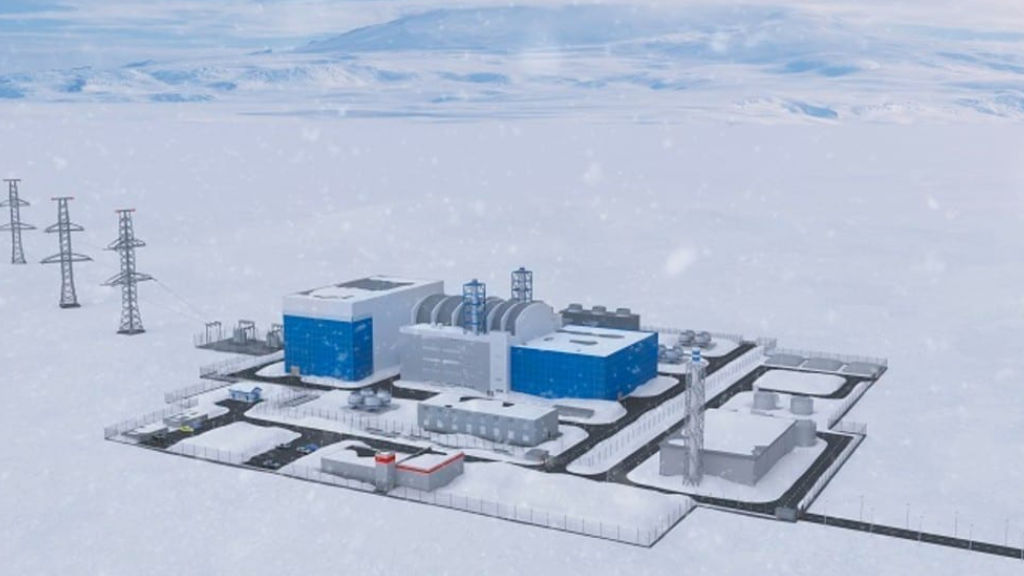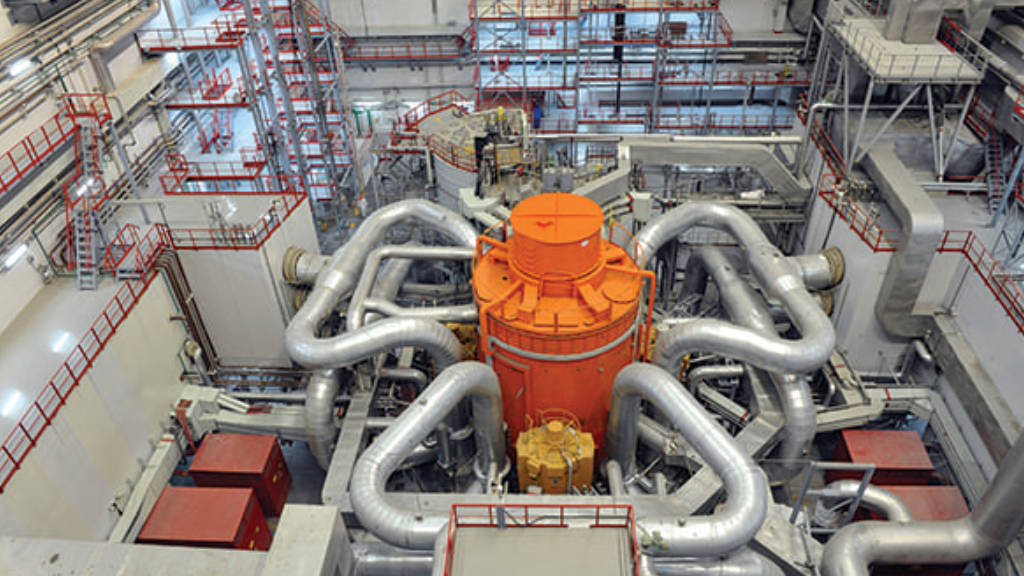China is expected to join the consortium formed to build a multipurpose fast neutron experimental reactor (MBIR) in Dimitrovgrad, Russia’s Ulyanovsk Region before the end of this year, according to Vasily Konstantinov, a director of international scientific and technical projects at Russian SOE Rosatom Group. Konstantinov is also the CEO of the IRC MBIR Consortium. He was speaking at the Tekhnoprom 2024 forum in Novosibirsk.
Konstantinov said “China is now at an advanced point of the negotiation process. We signed a term sheet last year – the main technical, legal and financial conditions – and we are now essentially polishing the documents on accession. We have the Chinese’ accession to our consortium planned for the end of December this year. This will provide us with substantial financial resources. “
A fast-neutron reactor (FNR) is a category of nuclear reactor in which the fission chain reaction is sustained by fast neutrons, as opposed to slow thermal neutrons used in thermal-neutron reactors. They are a technological step beyond conventional power reactors, but are poised to become mainstream, offering the prospect of vastly more efficient use of uranium resources and the ability to burn actinides which are otherwise the long-lived component of high-level nuclear waste. They have the potential to extract 60 times more energy from uranium compared to existing thermal reactors.
Just over 50% of the reactor resources will be used by Russian industry organizations, giving a huge boost to Russian industrial productivity. In 2025, the reactor’s turbine should be completed, with a physical start up set for 2027, and the power start-up and operation from 2028. The reactor is expected to operate for 50 years.
In general, the reactor will offer the opportunity for research in nuclear medicine and radiation technology, and it will also generate electricity.
MBIR project director Alexander Zagornov has said that the overall estimated cost of the project is ₽150 billion (US$1.65 billion). The MBIR will be more powerful than any other existing or planned reactor in the world. The thermal power of the sodium cooled reactor will be 150 MW, while its unique technical characteristics will make it possible to tackle a wide range of research problems to develop new competitive and safe nuclear power plants, including fast neutron reactors with a closed nuclear fuel cycle. Russian state expert review office Glavgosexpertiza approved the design documentation for the MBIR reactor in August 2020.
Further Reading

Russia Leads The Way In Global, Small Nuclear Power Reactor Exports

 Русский
Русский













